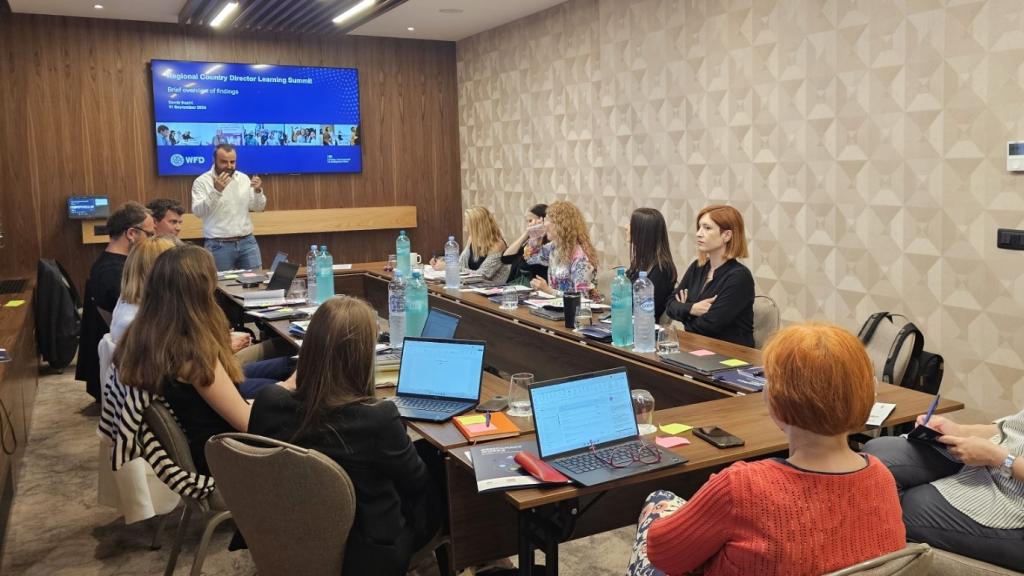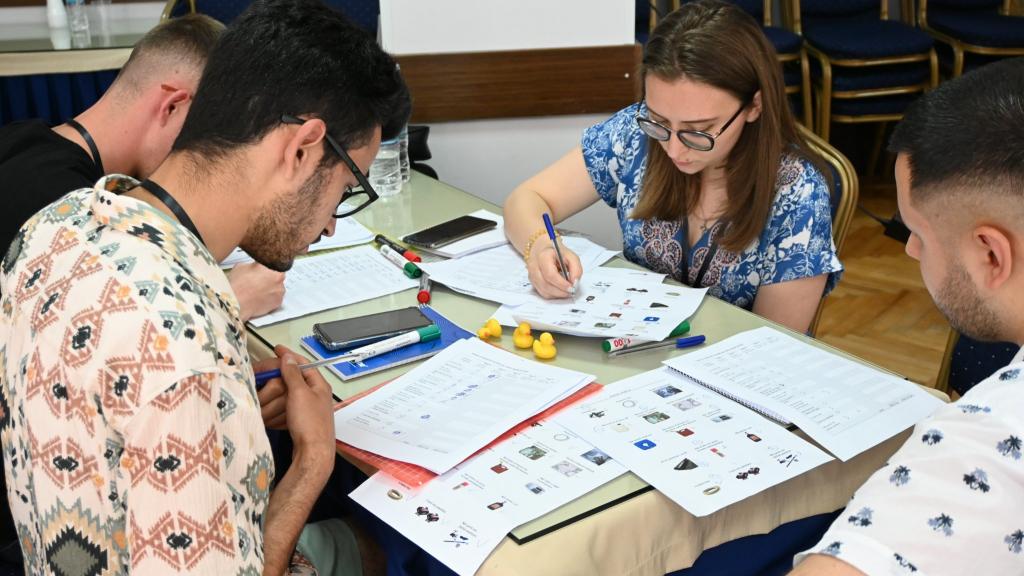During lockdown, WFD's partner secures better health services for the chronically ill in Albania

In Albania, WFD has been working to strengthen civil society’s participation in health policy decision-making process. One of the CSOs that WFD has been supporting – Together for Life – has successfully advocated for improved access to healthcare and information for chronically ill people during the Covid-19 pandemic.
To support stronger links between citizens and decision-makers through CSOs in Albania, WFD ran training workshops for CSO representatives on how to be a successful advocate, covering strategising, planning, and measuring impact. Together for Life, an organisation working on access to healthcare for the chronically ill patients, is one of WFD in Albania’s leading partners in this initiative and its representatives took part in the workshop.
Together for Life advocates on behalf of the more than 456,000 people living with a chronic illness in Albania, who together represent 16% of the Albanian population.
The pandemic has put these patients more at risk. What’s more, the financial burden on these groups is the highest in the region of Southeast Europe.
Commonly, chronically ill people receive health information from specialist doctors of the University Hospital Centre "Mother Teresa" (QSUT) in Tirana – information they no longer have access to because of restrictions on movement and social gatherings.
Together for Life recently called for an immediate plan of action to respond to the new reality created by Covid-19. They advocated steps to make life easier and guarantee the health of chronically ill patients. They have advocated through sending and publicising an open letter and by sending out newsletters.
The health authorities have reacted to their advocacy by providing access to information for chronically ill patients and setting up a free counselling service. What is more, they are sending medication to chronically ill patients close to where they live.



